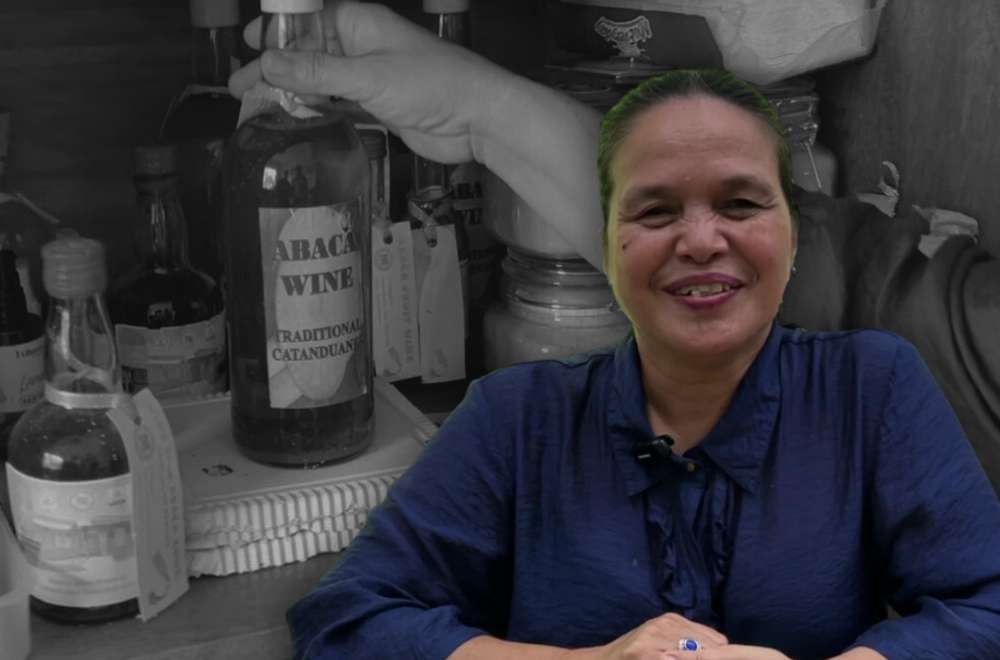A researcher in Catanduanes found a way to turn Abaca waste into Abaca vinegar, Abaca wine, and Abaca sanitizer.
Catanduanes is recognized as the "Abaca Capital of the Philippines."
With majority of the population engaged in abaca farming, the province produces 60 percent abaca fiber while 40 percent becomes abaca waste or by-products.
Prof. Estrella Tribiana discovered innovative ways to utilize abaca core or ubod. Its extract is used for Abaca Vinegar infused with coconut milk and spiced with native siling labuyo, to give a distinct Bicolano flavor.
Abaca wine also follows the same process.
For hand sanitizers, abaca leaves are also added with the abaca core extract.
"For the sake of the people of Catanduanes na mga abacaleros para naman madagdagan ang kita para naman madagdagan ang ating ekonomiya, makatulong tayo," Tribiana said.
The Catanduanes Vinegar and Wine Producers Association sees this opportunity as a means of providing additional livelihood to families on the island.
The group has secured a facility within the Catanduanes State University, supported by an initial capital from the Department of Labor and Employment (DOLE).
"Sa tulong po ng ating mahal na Presidente ng CatSu binigyan po kami ng isang building na para duon sa pagawa talaga ng suka, yung produkto," Estrella Orandaini, President of the Catanduanes Vinegar and Wine Producers Association, said.
Even abaca farmers are happy with the new product, given that abaca fiber is being sold at a low price as of this writing.
"Nakakatulong po yan sa amin at wala na po kaming hanapbuhay yan lang," Amando Ternida, an abaca farmer, said.
The Department of Science and Technology (DOST) Catanduanes reminded that it is important to secure the necessary permits to ensure the safety of consumers. They are open to assist the group to ensure the product’s success in the market.



